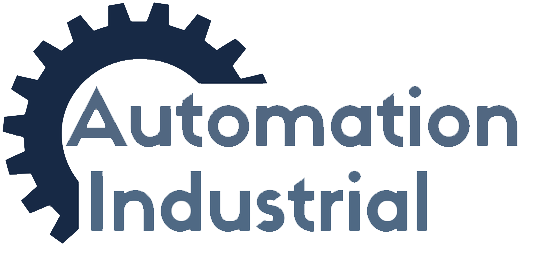The Versatile Application of Industrial Processors in Diverse Industries
Tags: Industrial, Manufacturing, Education
Industrial processors, pivotal in the realm of automation and control systems, have become indispensable in a wide range of industries. Their hallmark traits of reliability, adaptability, and sophisticated control capabilities allow them to transcend traditional industrial automation applications. This article sheds light on the diverse uses of industrial processors across various sectors, emphasizing their crucial role in the technological advancements and operational efficiencies of today's industries.
Manufacturing and Production
Industrial processors have revolutionized manufacturing, enabling automated control systems that drive efficiency and precision. Their ability to manage complex processes is essential in sectors like automotive assembly, where precision is critical, and food processing, where safety and consistency are paramount. By handling multiple inputs and outputs and executing operations in a time-sensitive manner, these processors facilitate synchronized production lines, reducing errors and enhancing productivity.
Material Handling and Logistics
In the logistics and warehousing sector, industrial processors are at the heart of material handling systems. They control and optimize the function of conveyor belts, automated guided vehicles (AGVs), and advanced sorting systems. This is crucial for ensuring the smooth and efficient flow of goods, from initial handling to final distribution. The precision control offered by these processors minimizes logistical errors, streamlines warehouse operations, and significantly boosts the throughput of goods.

Energy and Utilities
The energy sector heavily relies on industrial processors for the management and control of power generation plants. These processors play a vital role in regulating turbine functions, synchronizing generators with the grid, and maintaining the delicate balance required for stable power generation. In utilities, they are integral to water treatment processes, managing the intricate systems that ensure the safe and efficient distribution of water and other utilities.
Building Automation and HVAC Systems
Industrial processors have found extensive applications in building automation, particularly in managing HVAC systems. They ensure optimal operation of heating, ventilation, and air conditioning, contributing to energy efficiency and occupant comfort. Additionally, their role extends to overseeing lighting and security systems within buildings, further demonstrating their versatility beyond traditional industrial settings.
Transportation and Infrastructure
In transportation, industrial processors contribute significantly to infrastructure management and traffic control. They are employed in traffic light control systems, railway signaling, and the monitoring of critical infrastructure such as bridges and tunnels. Their reliable performance is essential for ensuring the safety and efficiency of transportation networks, where precision and timely response are crucial.
Enhanced Efficiency and Accuracy
The introduction of industrial processors in various operations has led to enhanced efficiency and accuracy. In manufacturing, this translates to higher productivity levels and minimized error rates, yielding a more streamlined and cost-effective production process. Their ability to precisely control machinery and processes ensures high-quality output across different industries.
Adaptability and Scalability
Industrial processors are celebrated for their adaptability. They can be programmed and reprogrammed to suit the evolving needs of various industries, making them highly scalable. This adaptability allows businesses to easily adjust their processes to accommodate new products or changing market demands, ensuring they remain competitive and agile.
Durability and Reliability
Designed to endure the rigors of industrial environments, these processors are built for durability and reliability. Capable of withstanding extreme temperatures, vibrations, and other challenging conditions, they ensure continuous, uninterrupted performance in critical operations.
Conclusion
Industrial processors are integral to the modern industrial landscape, offering a blend of efficiency, precision, and versatility. Their wide-ranging applications across manufacturing, logistics, energy, building management, and transportation highlight their importance in today’s technological advancements. As industries continue to evolve and embrace automation, the role of these processors remains more relevant than ever, driving operational excellence and innovation. Their impact on various sectors is a testament to their adaptability and the integral role they play in enhancing productivity and efficiency in the industrial world.
